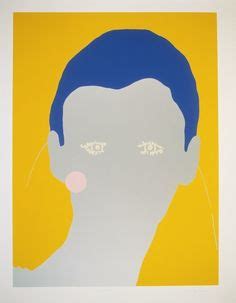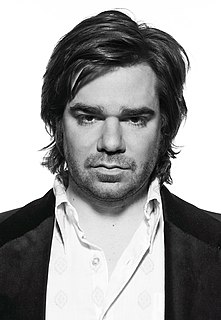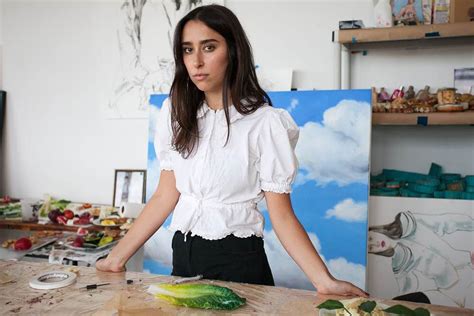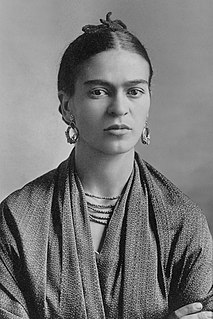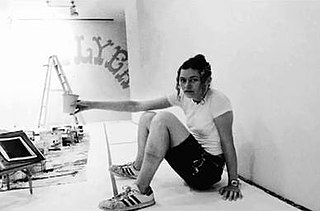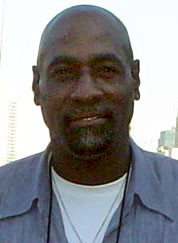A Quote by Glenn Ligon
I'm a formalist. I'm interested in the history of painting.
Quote Topics
Related Quotes
People constantly describe me as a formalist or even a minimalist, but I'm not really bothered with the rules of painting or the history of painting. My approach is that everything is mine. I take what I can use from wherever, and then I forget where I've taken it from. But there is no point me making anything that looks like anyone else's.
I wasn't interested in sport or anything obvious, so I didn't stand out. I was interested in music, but I couldn't read music, so I wasn't allowed to do the GCSE. I was interested in painting, but no one's interested in a 16-year-old boy who's interested in painting. I wanted to get out of school very, very quickly.
I think humor really is the most effective way for me personally to express myself. When I see an incredible formalist painting, I respect it. I really do. I see its history and I get it. But when I pass something weird or something funny, I totally associate with it. I find myself thinking about it later that day. That's how I know something is thought provoking. That's how I know something is effective.
I will do a lot of research and create a lot of material for use in one painting. And then I go on discovering and working with a whole other range of material in another painting. I'm interested in a fairly comprehensive and orchestrated synthesis that might bring about a new situation consisting of this hidden material. I'm interested in hidden source material.
My paintings are well-painted, not nimbly but patiently. My painting contains in it the message of pain. I think that at least a few people are interested in it. It's not revolutionary. Why keep wishing for it to be belligerent? I can't. Painting completed my life. I lost three children and a series of other things that would have fulfilled my horrible life. My painting took the place of all of this. I think work is the best.
Having a background in doing printmaking and letterpress, I think that I became very interested in images that were flat and graphic. And my painting still today is very flat...American craft is like that too - the painting is very flat. And also the painting that you see on the storefronts, handmade signs, tend to be very flat. That's probably my biggest influence.
What interested me in film was the image-making aspect of it. So, I went to school in cinematography. I was really convinced that image was what I wanted to do, and I think it came from the fact that I lived in a small town my whole life, but my mother was very interested in painting, so she would bring us to Paris for two weeks. So, we're going to the Louvre and to the museums and to see shows. In the evening we were seeing theater. Painting is basically what led me. I think the image was key.

